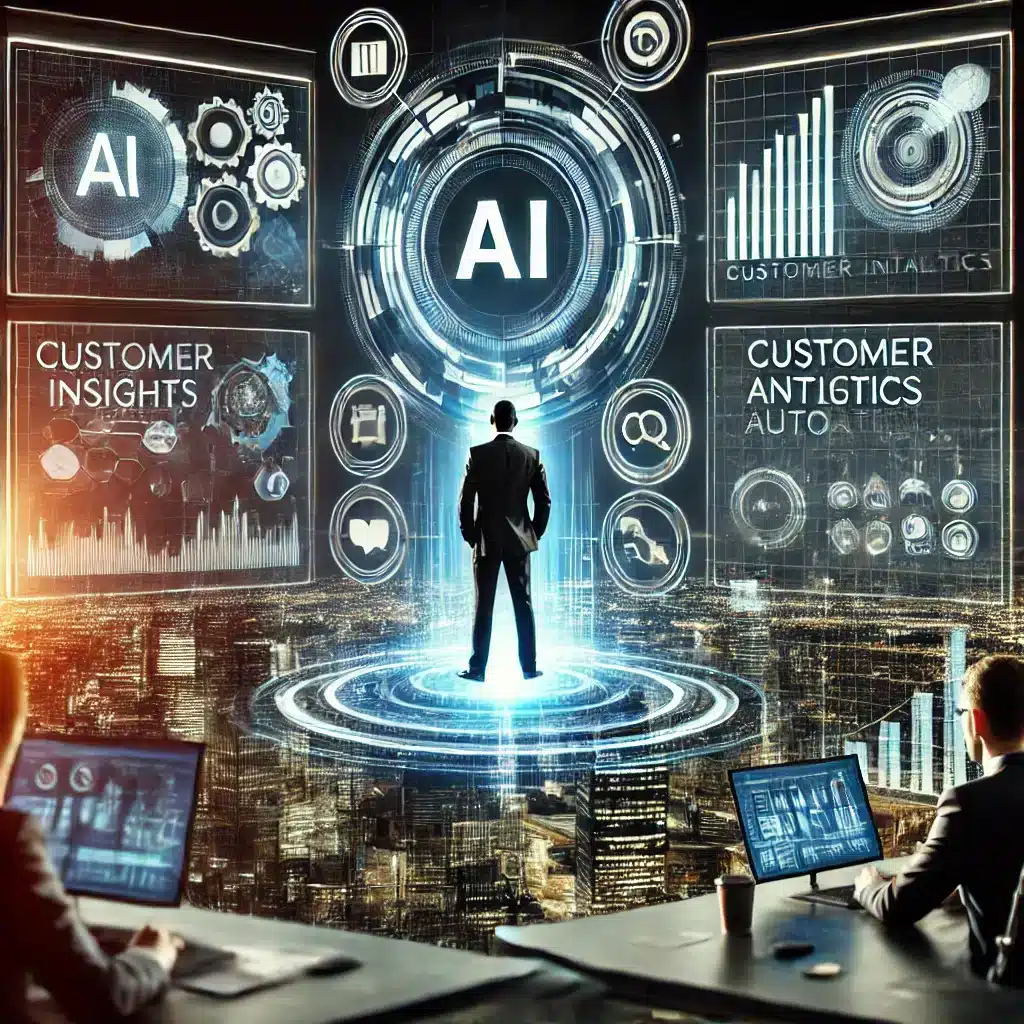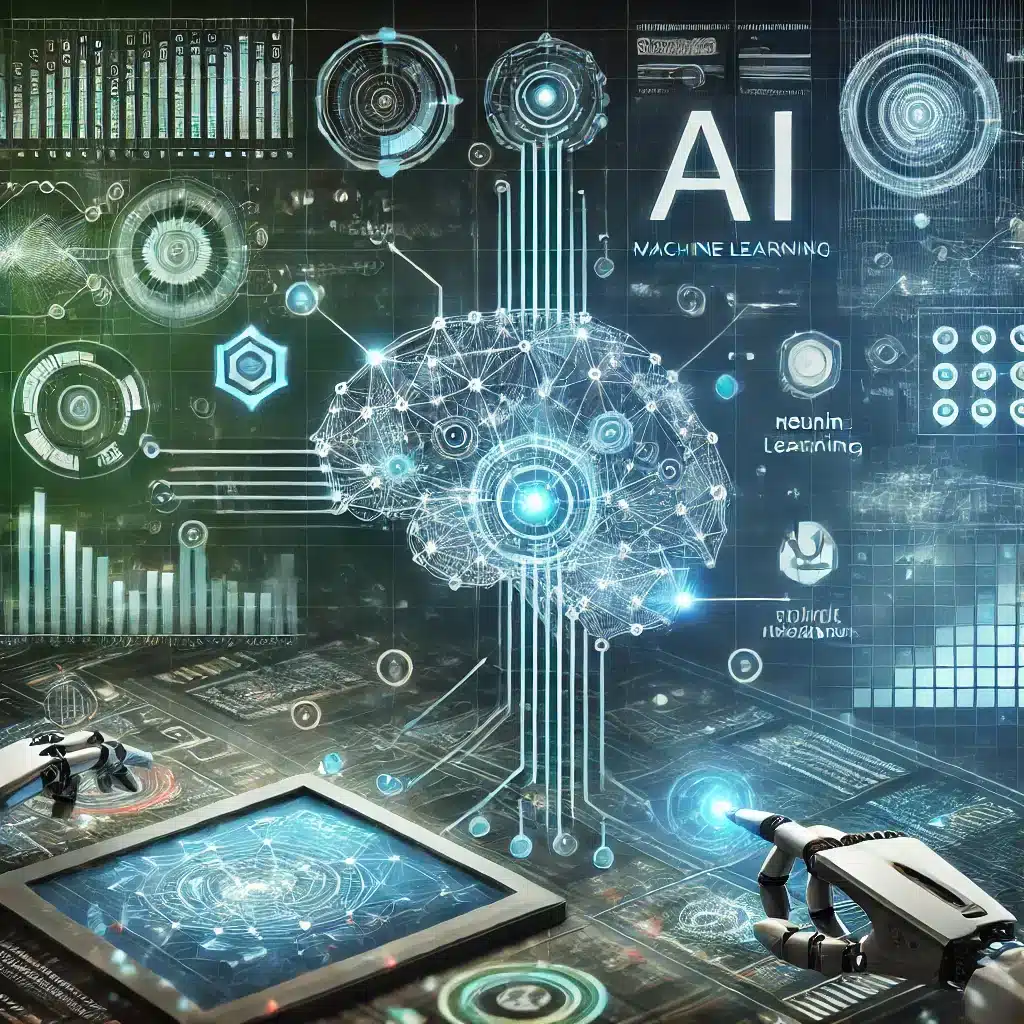Understanding AI Marketing Misconceptions
Artificial Intelligence (AI) is transforming marketing unprecedentedly, but misconceptions abound. Consequently, many businesses struggle to fully embrace AI’s potential. By overcoming these misunderstandings, marketers can harness AI more effectively. Let’s investigate these misconceptions and uncover the truth.
AI Misconception: Perfect Out of the Box
Many assume AI solutions provide instant success. However, AI requires customization and learning from data. For example, Google’s AI Overviews, mentioned in this article, initially faced challenges. Yet, with tweaks, it evolved into a robust tool that transformed search experiences.
AI Won’t Impact Human-Centric Art Forms
The music industry faces challenges with AI, as highlighted by BNR. Recognizing AI’s potential and working alongside it is crucial, ensuring creativity and human emotions remain at the forefront.
How AI Drives Marketing Success
Despite myths, AI offers numerous benefits for marketing. Firstly, it streamlines data processing, delivering insights faster. Secondly, it enhances personalization, tailoring marketing campaigns based on customer behavior.
Improving Brand Engagement with AI
As discussed in the Google AI Overviews article, AI helps brands connect meaningfully with consumers. Misconceptions about ‘zero-click’ searches shouldn’t deter brands. Instead, they should focus on evolving search strategies and improving customer engagement and conversions.
Navigating Compliance Challenges
In certain regions, stricter AI regulations pose hurdles. Nonetheless, companies can leverage AI for smarter marketing by collaborating with data specialists. This ensures compliance while forming a robust marketing strategy.
Strategies to Overcome Misconceptions
To maximize AI’s potential, businesses must embrace a strategic approach. They should prioritize educational training for teams, equipping them with necessary AI knowledge. Moreover, fostering collaborations with AI experts can streamline the AI integration process.
Aligning Creativity and Technology
The music industry example from BNR demonstrates creativity’s significance. Therefore, marketers should blend creative insights with AI technologies, offering richer customer experiences.
Building Robust Knowledge Graphs
As noted in the article on Google AI, establishing strong knowledge graphs ensures data accuracy. Consequently, brands can provide precise information to users, thereby enhancing AI interactions.
In conclusion
Debunking AI marketing misconceptions is vital for leveraging its capabilities. By addressing misunderstandings, businesses can drive engaging, personalized customer experiences. Ultimately, embracing AI not only transforms marketing strategies but also paves the way for future innovations.



